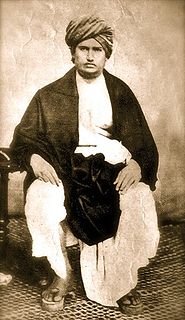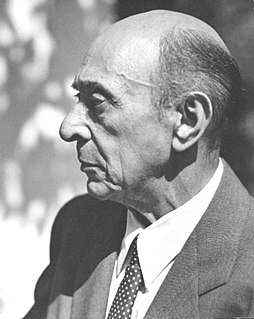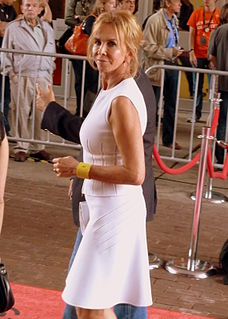A Quote by Dayananda Saraswati
A value is valuable when the value of value is valuable to oneself.
Related Quotes
If in the human economy, a squash in the field is worth more than a bushel of soil, that does not mean that food is more valuable than soil; it means simply that we do not know how to value the soil. In its complexity and its potential longevity, the soil exceeds our comprehension; we do not know how to place a just market value on it, and we will never learn how. Its value is inestimable; we must value it, beyond whatever price we put on it, by respecting it.
Originality is another criterion of aesthetic value. We may formulate an originality principle, according to which highly valuable works of art provide hitherto unavailable insights.... Notice that, although originality is a necessary condition of high aesthetic value, it is far from a sufficient condition. Many original works have little or no aesthetic value. An artwork may present a novel but uninteresting perspective, or one that is original but wrong.
We are putting value in the things that really are not valuable, things like commodities or disposable stuff that can bought, but the rainforest has been undervalued, because the value shouldn't be in the trees that you take out; it's should be with leaving the trees to preserve the life system that sustains life on the planet.
Of God's love we can say two things: it is poured out universally for everyone from the Pope to the loneliest wino on the planet; and secondly, God's love doesn't seek value, it creates value. It is not because we have value that we are loved, but because we are loved that we have value. Our value is a gift, not an achievement.
I am a Prince," he replied, being rather dense. "It is the function of a Prince—value A—to kill monsters—value B—for the purpose of establishing order—value C—and maintaining a steady supply of maidens—value D. If one inserts the derivative of value A (Prince) into the equation y equals BC plus CD squared, and sets it equal to zero, giving the apex of the parabola, namely, the point of intersection between A (Prince) and B (Monster), one determines value E—a stable kingdom. It is all very complicated, and if you have a chart handy I can graph it for you.









































